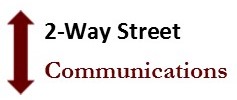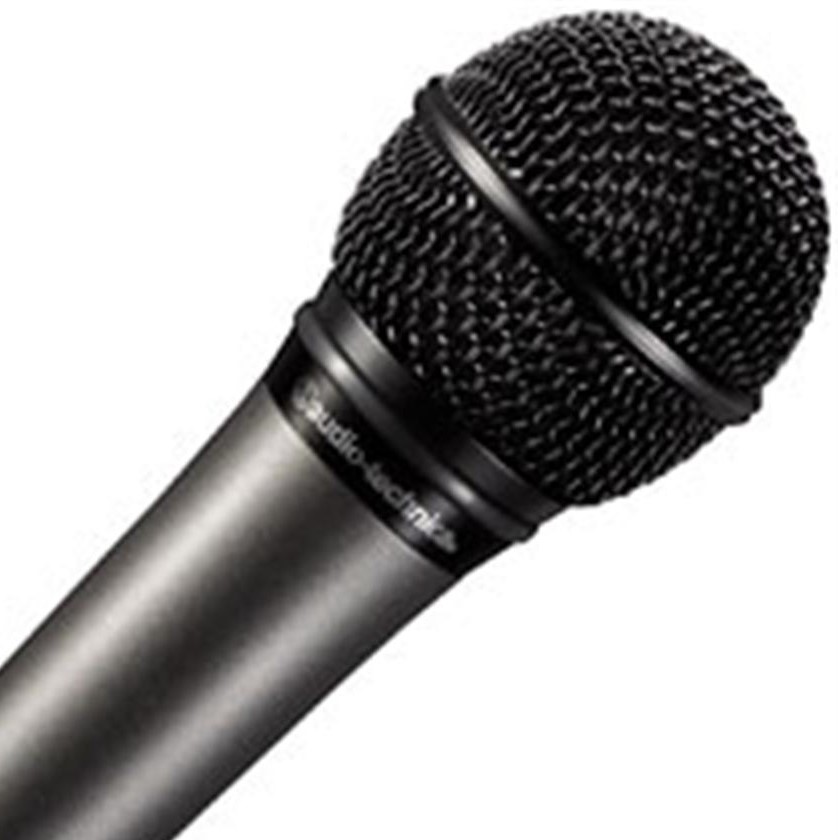Responsible AI: Don’t Relinquish Control
“I’m sorry, Dave. I’m afraid I can’t do that.” Those iconic words from HAL 9000 to astronaut David Bowman portend the future of artificial intelligence (AI) in the 1968 Stanley Kubrick film, 2001: A Space Odyssey based on the Arthur C. Clarke novel of the same name.
HAL 9000 is a computer that is charged with ensuring the success of the mysterious mission – regardless. If you haven’t seen the film or read the novel, developed and written simultaneously with the film, do so. It gives an insight into why AI is both a good and bad idea.
Technology has grown leaps and bounds during the last half-century. From entire buildings that housed monstrous machines to holding those same machines in our hands, the ability to communicate has made the world a much smaller place. Technology brought us the World Wide Web (that’s what the www is before a website address); airplane mode; predictive speech. Technology also brought the world of AI to the masses. Imagine the giddiness of students thinking that a computer would write their A+ essays; the relief that work times would be drastically reduced in the workplace; the anticipation that accurate information would be available at our fingertips! Oh, the expectations! Oh, the reality.
When someone gets excited about AI in the form of writing programs, I remind them of the incorrect emails and text messages that have been sent that are now humorous memes. The verbiage of what was to be sent was not quite the same after it was auto-corrected by your device “thinking” that it knew better. Or better yet, it plagiarized a section of a paper that was submitted for credit, or it parsed information on a resume incorrectly to an on-line application.
Recently, a strike by writers in Hollywood, and supported by the actors, was about AI and it’s affect on the livelihoods of those making movies and television. Basically, writers wanted assurances that AI would not replace them as script writers and creatives. The same can be said for the actors. AI can create virtual actors, manipulate voices and generate entire performances. Just as the writers want their creative works protected, actors want to be a part of the process….acting, and that creative endeavor should be protected, as well.
AI is a tool, just like a dictionary or a thesaurus or a green screen or auto-tune. And it should be treated as such. It is there to enhance; not replace. And as users, it behooves us to understand that creativity, soul, depth, emotion, empathy come from the creator; the person speaking. We are responsible for proof-reading the email or text message. We make sure that the intent of whatever AI is reviewing or enhancing remains intact and accurate. Input equals output. Do not abdicate your responsibility for what might be perceived as a “quick fix,” or else you might end up with your own HAL 9000 problem!

